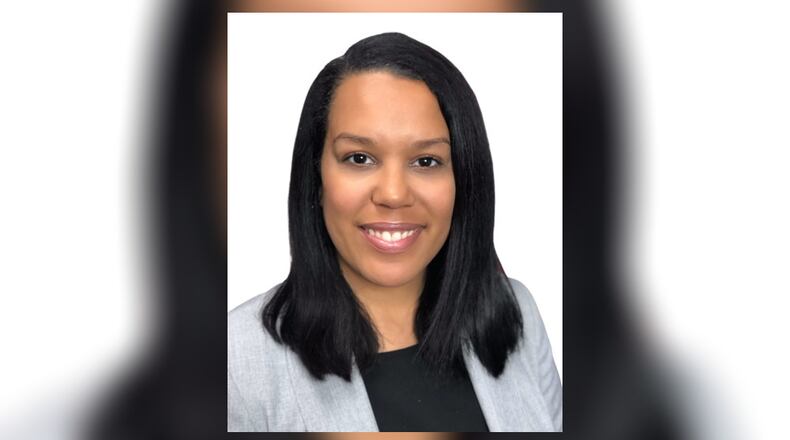As universal as grief is, it is also very personal. We each feel a range of emotions that we must process to find our own way forward. The journey starts with giving ourselves permission to feel whatever it is we feel, while understanding that not every feeling has equal value. Feelings of shame or guilt, for instance, can be common but they also drain our energy when we need to invest in healing. The more intentional we are about which feelings receive more of our attention — such as those that calm, relax, and soothe — and which ones receive less — such as those that increase anxiety, sadness, or fatigue — the more we take control of our path and more easily move forward along it.
Remembering
Honoring the life of a departed loved one can be a constructive way to heal, especially during the holidays. By ensuring that these efforts reflect the unique strengths and joys of those we have lost, we give these acts of remembrance even more meaning. There are many ways to do this, such as writing down or sharing stories; visiting favorite locations; planting flowers or trees in places where you shared a special experience; or engaging in symbolic gestures that reflect interests or joys. These can all help us preserve cherished memories but also foster a sense of connection and, dare we say it — even celebration. As hard as it can seem, celebration can and should be part of our lives going forward if we let it.
Adjusting Holiday Traditions
The first holiday after a loss is often the most challenging. This is when embracing tradition can often be the most helpful since it facilitates remembrance. Yes, there are still feelings of loss, but if we accept those feelings as signs of the strength of a relationship, it can actually help us focus on thoughts of celebration and thanks. This might require adjustments to past routines, so we should be open to celebrating in a different location, with different people, or even on different days than in past years. Sharing these ideas and feelings with friends and families is also useful as it helps dispel loneliness and empower others to be sensitive and supportive.
Letting Ourselves Seek Support
Everyone grieving should remember that support is out there, both from our friends and families but also from online resources and professional counseling services. A good place to start is the State of Ohio’s Careline, 1-800-720-9616. Operated by the Ohio Department of Mental Health and Addiction Services and staffed 24/7 with behavioral health professionals, the Careline serves as a one-stop resource for those seeking help. Also, when engaging friends and family, communicating your needs clearly is crucial, whether one prefers private grieving, the support of close friends, or a broader network accessible through social media. Those that care about us will be eager to help and can play a vital role in providing assistance during this challenging time if we let them.
Grief is complex and personal on any day of the year, but significantly more so during the holidays. By leaning into this reality, embracing one’s emotions, being open to adjusting traditions, incorporating meaningful remembrances, and seeking or providing support, we can navigate our grief in constructive and healing ways. Ultimately, there is no one-size-fits-all approach to managing grief, and granting ourselves the flexibility to cope in whatever way feels authentic will help fuel our healing journey.
Alisha Nelson is the executive director of the OneOhio Recovery Foundation.
Additional Resources
The G.A.P. (Grief. Advocacy. Prevention.) Network
Ohio State Health & Discovery – The 5 Stages of Grief
Ohio Dept. of Mental Health & Addiction Services - Get Help Now
About the OneOhio Recovery Foundation
The OneOhio Recovery Foundation is a private, non-profit foundation created under the leadership of Governor Mike DeWine and Attorney General Dave Yost, and other state and local leaders, with the mission advancing Ohio’s addiction prevention, treatment, and recovery efforts now and into the future.
The Foundation is governed by a 29-member board from across Ohio and is funded by 55 percent of settlement funds that Ohio is receiving from the pharmaceutical industry as a consequence of its role in the national opioid epidemic. Funds support local efforts to prevent and combat addiction and are also invested to support those efforts for the long term. Visit OneOhioFoundation.com for more information.
About the Author
